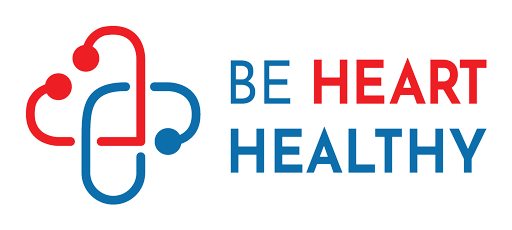Rhythm Disturbances & Pacemaker Insertion

- What do you mean by Cardiac Rhythm Disturbances?
- What are the different types of cardiac rhythm disturbances?
- Who is at a high risk of developing Cardiac rhythm disturbances?
- How do you know you have Cardiac rhythm disturbances?
- Is Cardiac rhythm disturbances a Serious Health Problem?
- How is Cardiac rhythm disturbances diagnosed?
- How can CAD be prevented?
- What are the treatment modalities?
Cardiac rhythm disturbances, also described as arrhythmias are abnormal or irregular heartbeats, which disrupt the heart’s electrical signals (determines the squeezing rate of the heart chambers) causing your heart to beat too fast, too slowly, or abnormally. The normal rate of the heartbeat is 60-100 beats per minute.
Different Types of Rhythm Disturbances are classified as follows:
- Conditions like hypertension, diabetes, heart attack or failure.
- Smoking or/and Alcohol abuse
- Certain drugs (such as cocaine or amphetamines), misuse of over-the-counter or prescribed medicines.
- Stress
- Sweating
- Shortness of breath
- Fainting
- Fatigue
- Dizziness
- Chest Pain
- Light-headedness
- Increased palpitations
-
Some arrhythmias can increase the chances of you developing conditions such as:
- Heart failure
- Sudden cardiac death
-
The steps followed in diagnosis are as follows:
- Physical examination, to check for the pulse, heart rate and rhythm.
- If abnormality suspected: Electrocardiogram (ECG) to confirm the diagnosis.
- Further 24 hours ECG (Holter Monitory) is done to get the required information.
- Further tests like an echocardiogram (echo), blood tests, chest x-ray, stress test, and coronary angiography can be done as per the clinical judgement of the treating cardiologist.
-
Lifestyle management treatment can help prevent CAD. This includes:
-
- Dietary intervention including a healthy diet rich in whole grain cereals, pulses, fiber-rich fruits and vegetables, foods low in saturated fat and rich in good quality fats like omega-3 fatty acids, MUFA(mono-unsaturated fatty acids), and PUFA(Polyunsaturated fatty acids)
- Follow adequate physical activity and weight control measures
- Management of dyslipidemia, blood sugar levels in pre-diabetics and diabetic patients and hypertension.
- Stress management to reduce stress.
- Avoid smoking, drinking alcohol and caffeine.
-
-
Treatment of rhythm disturbances includes the following:
- Medications to normalize the heart rate
- Cardioversion: Shock Therapy
- Electrophysiology study and Ablation: An invasive study conducted to identify reasons for the abnormal heart rate and to deliver therapy via radio frequency waves to damage (ablate) a small spot of heart tissue, which helps to create an electrical block along the pathway causing arrhythmia. This is done in the case of abnormal fast rhythms.
- Pacemaker Insertion:
What is pacemaker insertion?
A pacemaker insertion is the process of implantation of a small electronic device into the chest wall that helps to regulate arrhythmia or cardiac rhythmic disturbances in the heart and ensures that the heartbeat does not slow to a low rate which could be dangerous. » Read More On Pacemaker Insertion…
- Automated Implantable Cardioverter-Defibrillator (AICD): In cases of life-threatening ventricular arrhythmias a battery-powered pulse generator is implanted often just below the collarbone. It acts as a pacemaker when heartbeats are slow and gives defibrillation (stopping too rapid and irregular contractions of the heart muscle fibers which causes lack of synchronism between heartbeat and pulse) shock when heart rate is too rapid or irregular.
- What drug would you advise for a patient with atrial fibrillation?
- What Drugs Are Used to Treat Arrhythmias?
- What triggers atrial fibrillation?
First-line agents in patients with no evidence of structural heart disease include flecainide, propafenone and sotalol. Whereas amiodarone and dofetilide are considered as alternative agents.
Antiarrhythmic drugs are the drugs that are used to control heart rate and mainly include beta-blockers. Along with it anticoagulant or antiplatelet therapy [warfarin (a “blood thinner”) or aspirin] is used which helps to reduce the risk of blood clots and stroke.
The main trigger factors include stress, fatigue, and alcohol use.
At Care For Your Heart we provide comprehensive cardiac treatment to all our patients.
“Do your part, Care for your Heart“
“Do your part, Care for your Heart“
© Behearthealthy 2023. All rights reserved. Site Designed by U1R
